Nowadays, with the rapid development of digital platforms and artificial intelligence (AI), the issue of copyright enforcement in Vietnam is increasingly facing many difficult problems. There are three main aspects to copyright enforcement, including: Determining the copyright owner and author; exploiting and using copyright, especially the issue of copyright management and collection - a hot issue today; and handling copyright infringement.
Enforcement of copyright protection always has its own shortcomings, which may come from subjective causes such as the awareness and perception of copyright issues of the subjects themselves, but also from mechanisms that are not transparent and clear enough; sanctions are not deterrent enough, so violations related to copyright are increasingly occurring at a more sophisticated level and with more complex nature, especially on digital platforms. In addition, the lack of clear regulations on revenue and expenditure related to copyright also gives rise to many disputes. If these issues are not improved, they will become major barriers to creating an environment for creative development, hindering the development of copyright in particular and Intellectual Property Law in general.
Musicians share about copyright in the program introducing and exchanging about copyright in the music field on the occasion of World Intellectual Property Day April 26, 2025. Photo: Copyright Office
Disputes over copyright issues for music products are not uncommon, especially when these products are exploited on digital platforms, with the ability to reach a large number of viewers. These disputes originate from many reasons, one of which is the story of collecting royalties.
The questions that arise are: Can the copyright owner collect fees in this case? In which cases can a work be used without permission but must pay copyright fees? In a dispute, each party will have their own arguments and evidence, but it is important to clearly identify the rights of the owner to that music product. If the music product already belongs to the public, the copyright owner invests in creating their product (called related rights), then there is no basis for collecting fees in this case. If it is a recording/video recording owned by another entity and is copied, then anyone who exploits/uses it for commercial purposes must pay copyright fees. Thus, in essence, it is necessary to determine which party owns the music product - the subject of the dispute - and whether the act of transmitting it to the public via YouTube infringes intellectual property rights?
Take the specific example of the dispute between the Vietnam Center for Music Copyright Protection (VCPMC) and BH Media, which is causing public outrage, showing that the issue of copyright fees is not clear enough, leading to disputes arising during the implementation process. One of the issues mentioned is YouTube - this is only a platform for exploiting rights, while the important issue that needs to be determined is how specific the rights of the owner to the work are in this case. If BH Media only exploits related rights, then clearly, VCPMC's fee collection is unfounded.
Article 26 of the Intellectual Property Law on copyright and Article 33 of the Intellectual Property Law on related rights clearly stipulate: Broadcasting organizations using published products, works, audio recordings, and video recordings for commercial purposes for broadcasting do not have to ask for permission but must pay royalties to the copyright owner from the time of use. Clarify whether or not blocking a work created entirely by BH Media is a sufficient legal basis? For VCPMC, it is necessary to clarify what basis is there to block BH Media's products posted on YouTube? Is the act of blocking these music products considered an act of obstruction of dissemination and does it constitute an act of infringement of related rights according to the provisions of the Intellectual Property Law? At the same time, for BH Media, it is necessary to determine the issue of rights to products posted on YouTube. According to the provisions of Point a, Clause 3, Article 20 of the Law on Intellectual Property, there is a mention of “the right to copy to exercise other rights”. However, copying works, posting, and publishing on online platforms such as YouTube will not fall under this case. VCPMC’s argument is also well-founded when using Clause 2, Article 20 of the Law on Intellectual Property to replace Point a, Clause 3, Article 20 in BH Media’s argument.
Regulations on the Law on Intellectual Property are available, but enforcement of intellectual property rights is still a difficult problem. Therefore, to create a favorable and transparent environment, it is necessary to continue to develop more specific and clear regulations related to intellectual property rights, especially on digital platforms; clearly stipulate the method of collecting copyright fees, and regulations on transparency in the process of collecting copyright fees. Along with that, it is necessary to increase the level of sanctions for acts of infringement of intellectual property rights and all acts that hinder the development and enforcement of intellectual property rights. The key indispensable factor is to actively propagate and disseminate to raise awareness of copyright among relevant parties.
Source: https://baolangson.vn/minh-bach-trong-thu-phi-tac-quyen-5051171.html


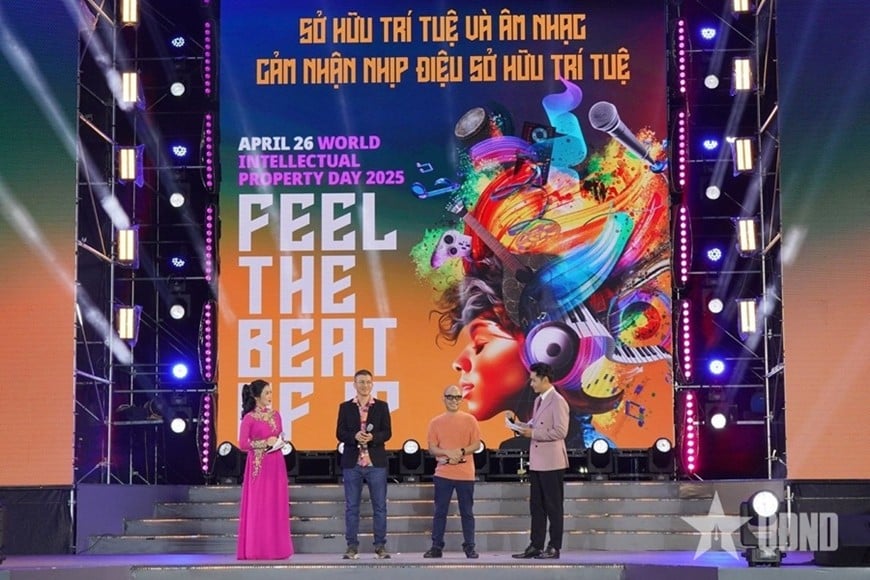
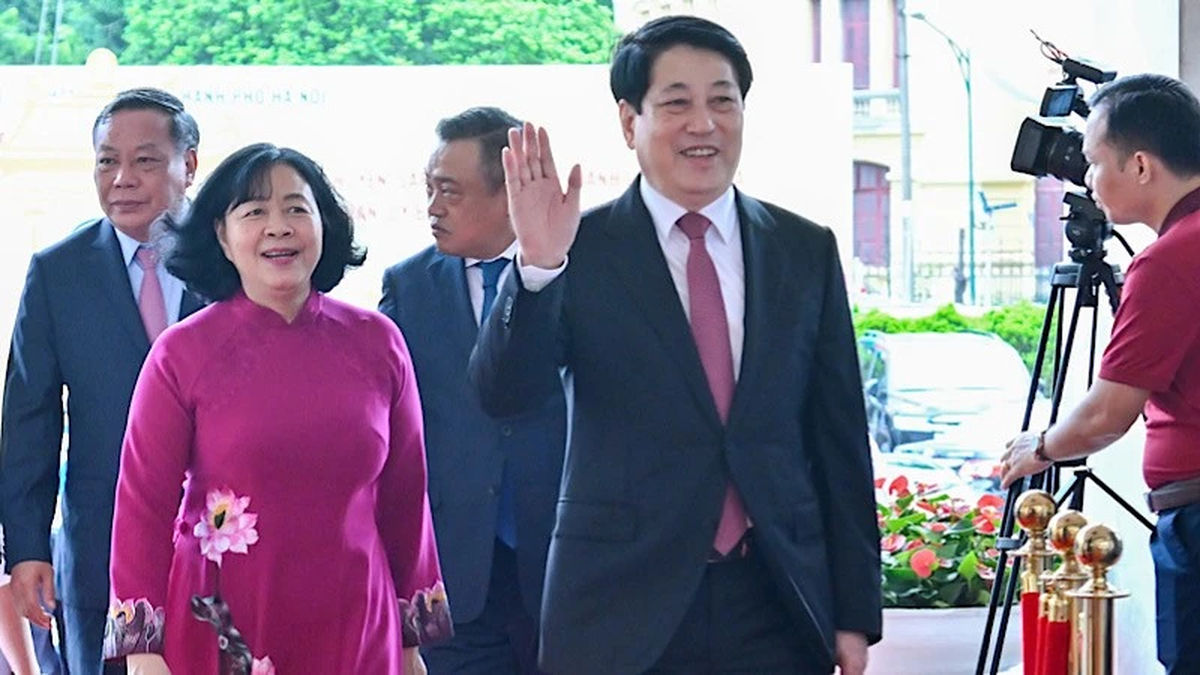



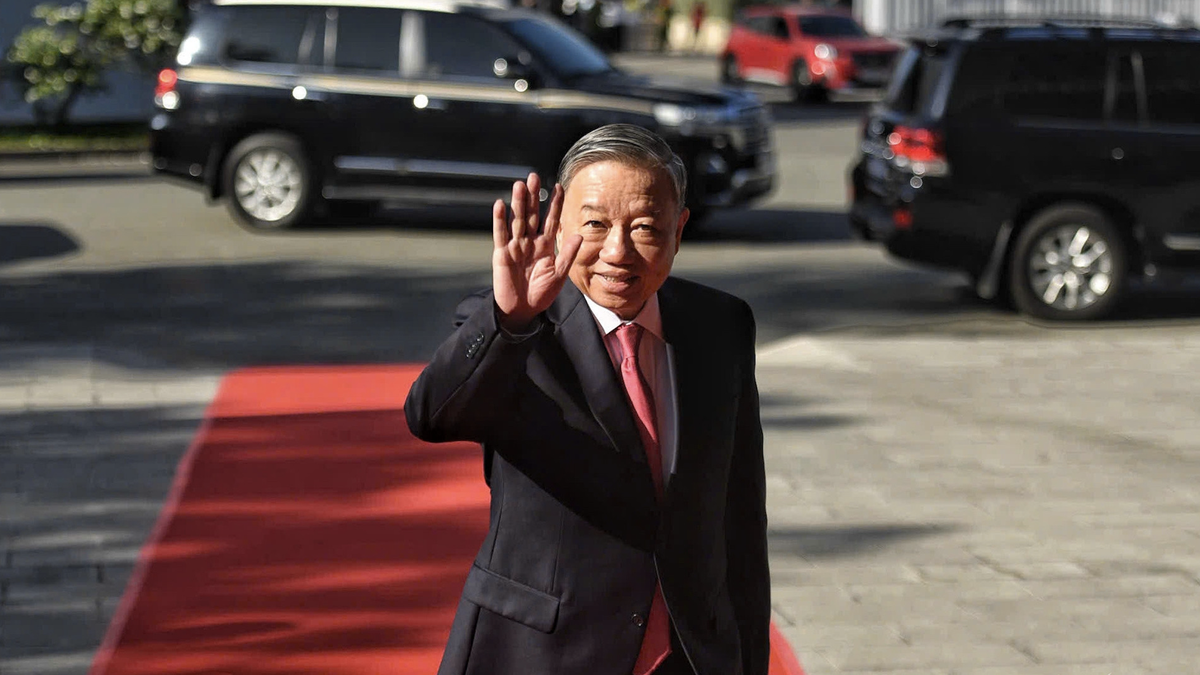

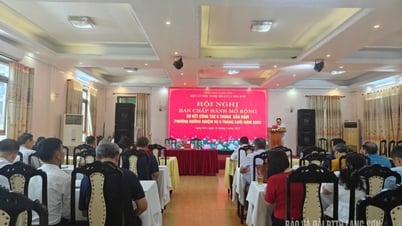


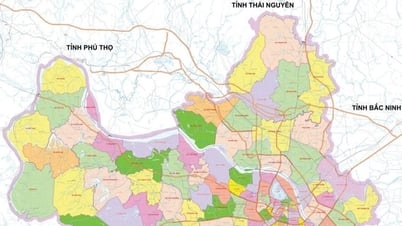

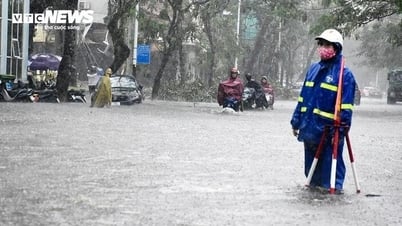
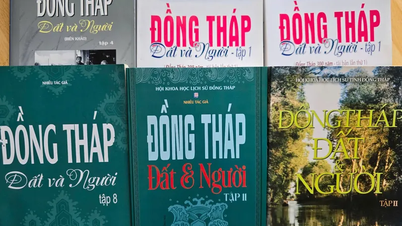









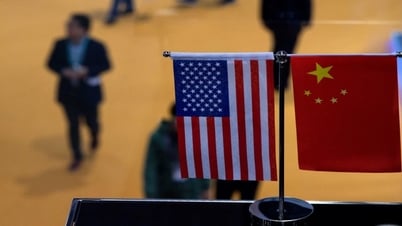








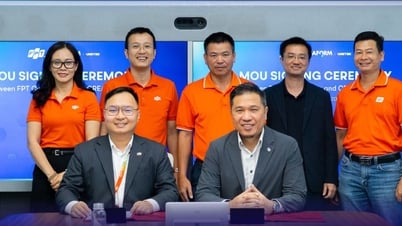



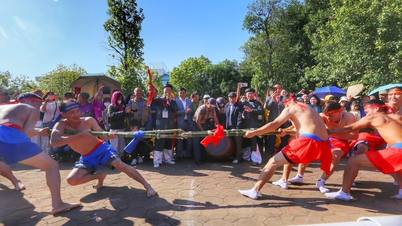







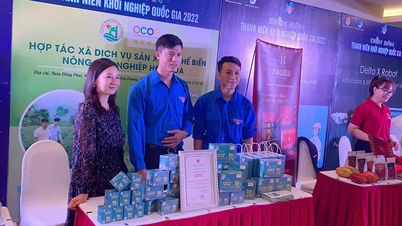






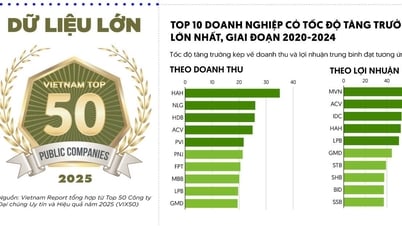
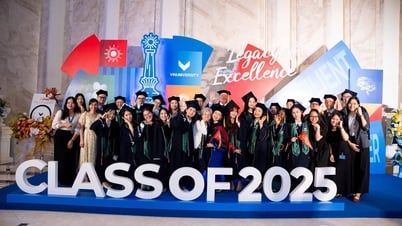
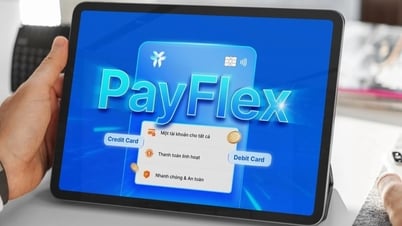

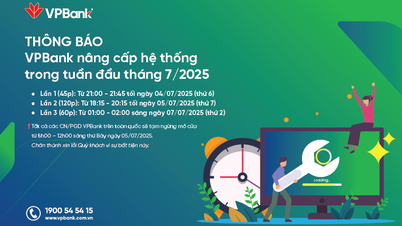

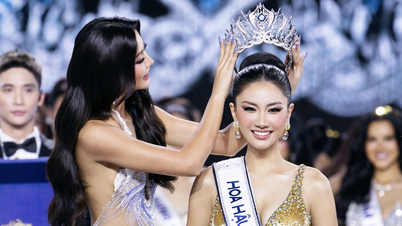

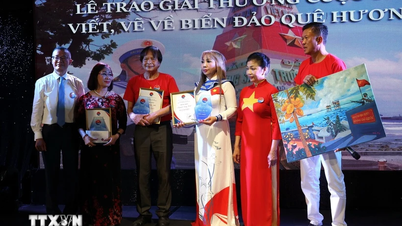
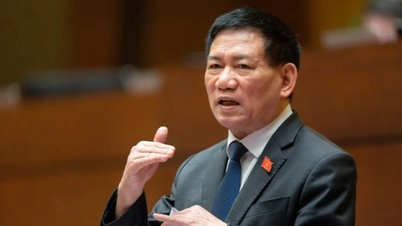
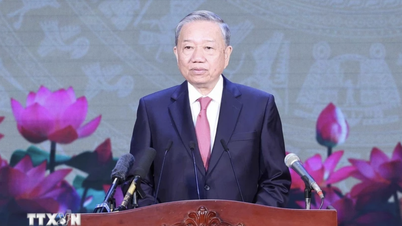
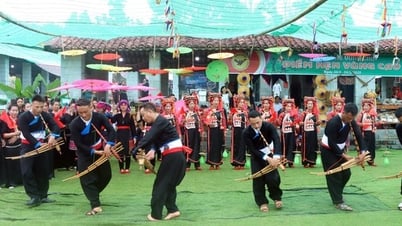

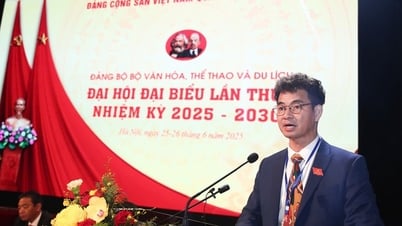
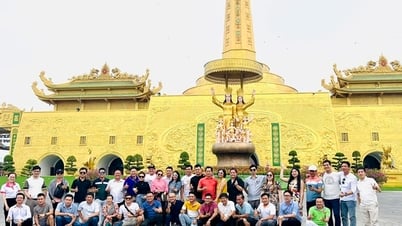



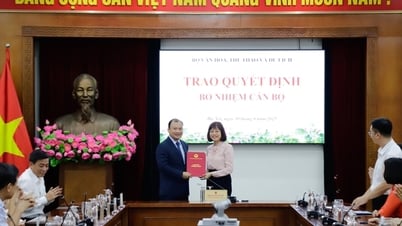
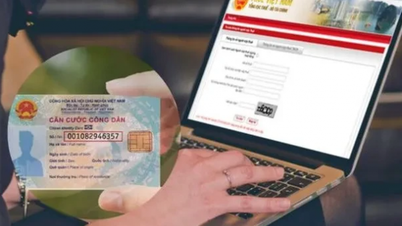

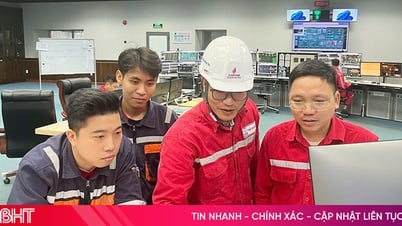
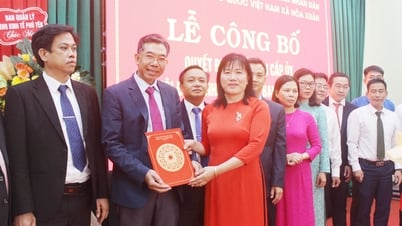

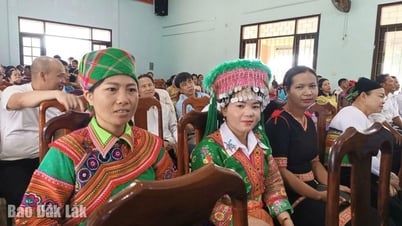












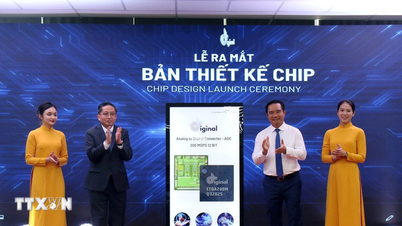

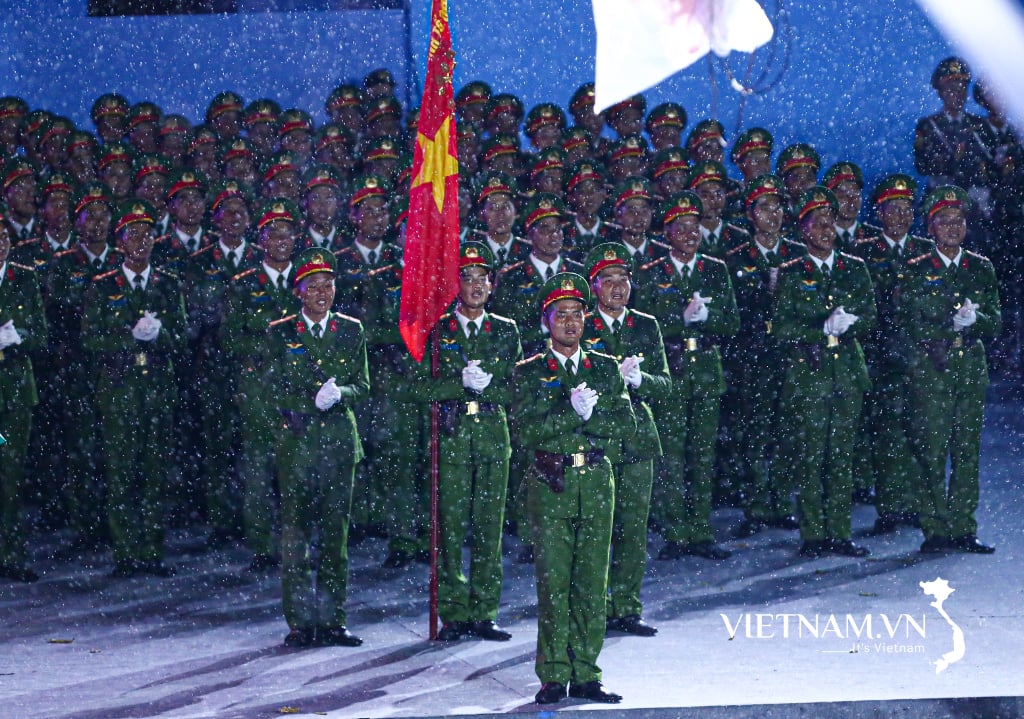



Comment (0)